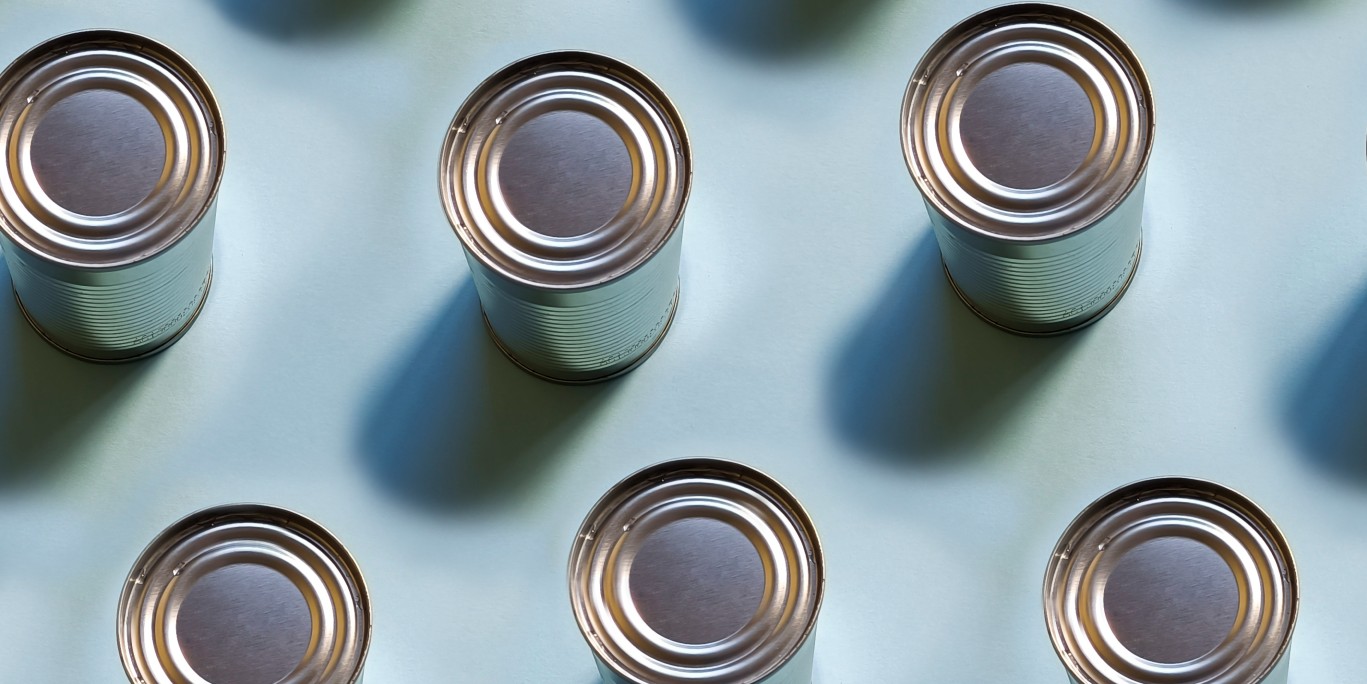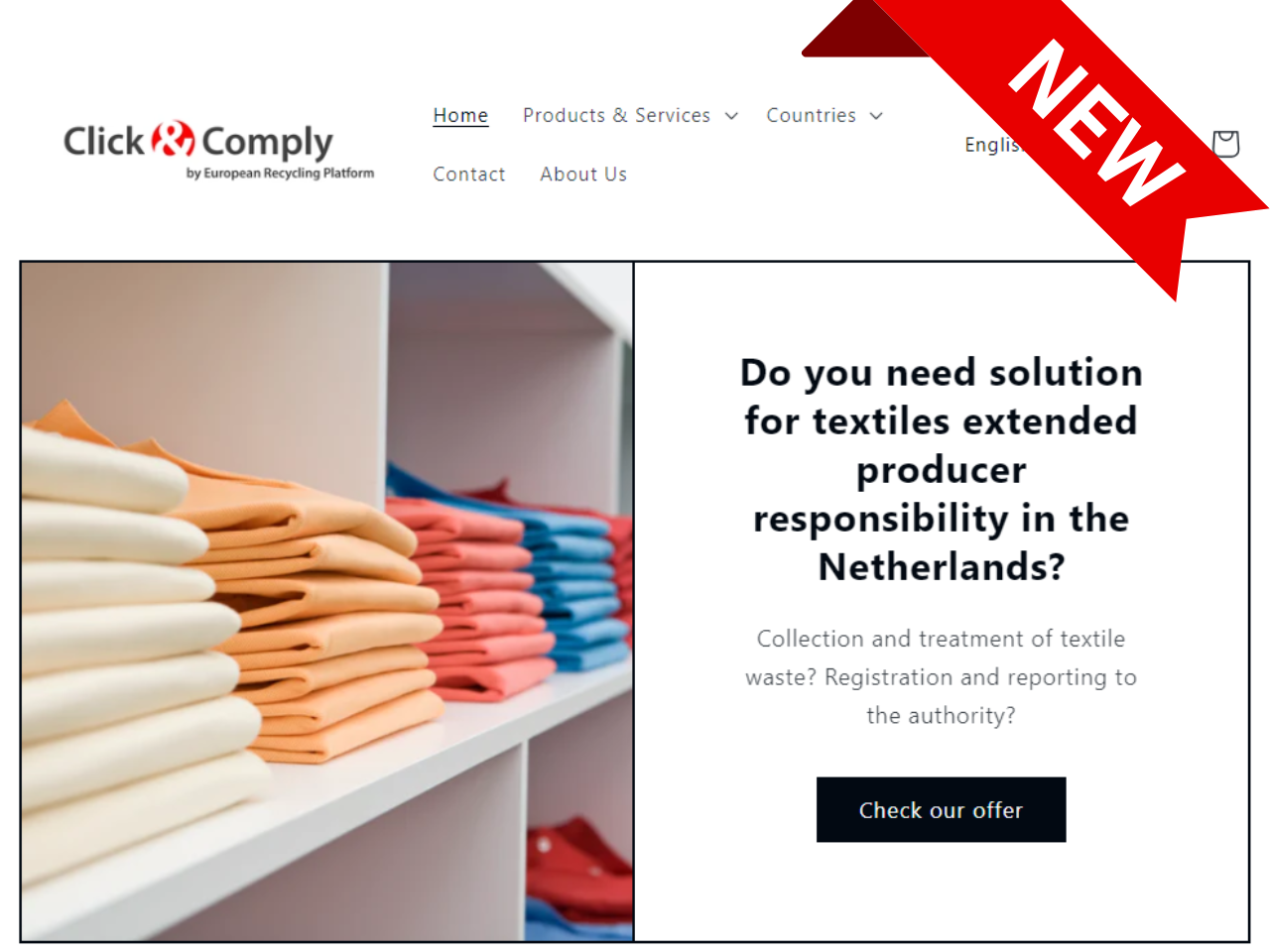What are the latest developments concerning environmental legislation globally? We’ve picked out some highlights for you for November 2022.
New packaging regulation: what can we expect?
The European Commission’s planned revision of the EU’s regulatory framework for packaging is taking shape.
According to a recent, unofficial draft, the Commission plans – as expected – to implement the new rules as a regulation rather than a directive, meaning they would be directly applicable in all member states ensuring a maximum degree of harmonisation.
Also, in terms of content, there are many changes largely focusing on packaging waste reduction and packaging design, such as:
- mandatory targets for member states to reduce packaging waste: 5% by 2030, 10% by 2035 and 15% by 2040 (compared to 2018)
- targets to reduce packaging volume (weight, volume, number of layers)
- further bans on certain packaging formats, e.g. certain single-use or micro-packaging
- mandatory targets for the reuse and refill of certain packaging
- mandatory minimum recycled content
- modulation of fees based on recyclability performance levels
- mandatory labeling of packaging, e.g. on material composition
- possibility for member states to make the entrustment of a producer responsibility organisation mandatory, and
- mandatory body to coordinate producer responsibility organisations
Amendments to the regulation are still possible. The Commission’s official legislative proposal is expected for 30th November. This will be followed by discussions in the European Parliament and the Council of the European Union.
Trilogue negotiations on Battery Regulation continue
The negotiations between the European Commission, the European Parliament and the Council of the European Union on the new Battery Regulation are taking longer than expected. According to negotiators, many differences on the details of the regulation still remain. A compromise may be reached only next year.
While the articles at the beginning of the regulation – for example, Article 2 on definitions – have already been largely finalised, other articles and even entire chapters are still completely open for discussion. This is true for Chapter VII on the end-of-life management of batteries, which includes the provisions on extended producer responsibility.
In particular, the views of Parliament and Council are still far apart on topics like the collection targets for waste portable batteries, the related timeline, the legal base and deposits. Recently, political discussions have focused on Article 11 of the regulation, which deals with possible provisions for the removability and replaceability of portable batteries.
The next trilogue is scheduled for 9 December. However, it is unlikely that all remaining differences will be resolved then. Instead, the negotiations are likely to be continued next year under the new Swedish Council Presidency.
European Commission considers revision of WEEE Directive
The European Commission has started an evaluation of the Waste Electrical and Electronic Equipment (WEEE) Directive. The purpose of this evaluation is to examine whether the provisions are still fit for purpose and to identify potential for improvement. The process is likely to be followed by a revision of the directive.
The evaluation will focus on those objectives of the directive that have proven particularly challenging in the past, including:
- achieving the collection targets for WEEE
- ensuring proper treatment of WEEE
- applying extended producer responsibility (especially in online sales), and
- combating illegal activities
Interested stakeholders were able to participate in a public consultation on the evaluation that ran until 3 November.
Landbell Group company, European Recycling Platform contributed with a position paper in which it argued, among other things, for a new calculation method for collection rates, as the current system, which is based on average put-on-market volumes, is no longer suitable in view of the longer lifetime of products, in particular those with currently huge growth rates (for example, solar PV modules or heat pumps).
For many product categories, this makes it impossible to achieve the current collection target of 65% as it is based on the past three years put-on-market volumes. Instead, a target based on the volumes available for collection would be more reasonable.
A further public consultation is to follow early next year. The adoption of the evaluation by the Commission is planned for the fourth quarter of 2023.
Council needs more time for Waste Shipment Regulation
After the rescheduling of the vote on the new Waste Shipment Regulation in the European Parliament’s Environment Committee (see article in October’s COMPASS), there are also signs of delay in the Council of the European Union, as member states need more time to deal with the European Commission’s proposals and form their position.
So far, only the first three articles of the regulation have been reviewed in detail, according to member states’ representatives. Current discussions focus on the provisions on the shipment of waste within the European Union (Articles 4 to 32).
Another reason for the delay is that other legislative projects, such as the Battery Regulation, are considered more urgent.
In December, the Czech Council Presidency is expected to publish a progress report before negotiations continue next year under the Swedish Council Presidency.
Sign up for our monthly
report COMPASS here:
Your email











